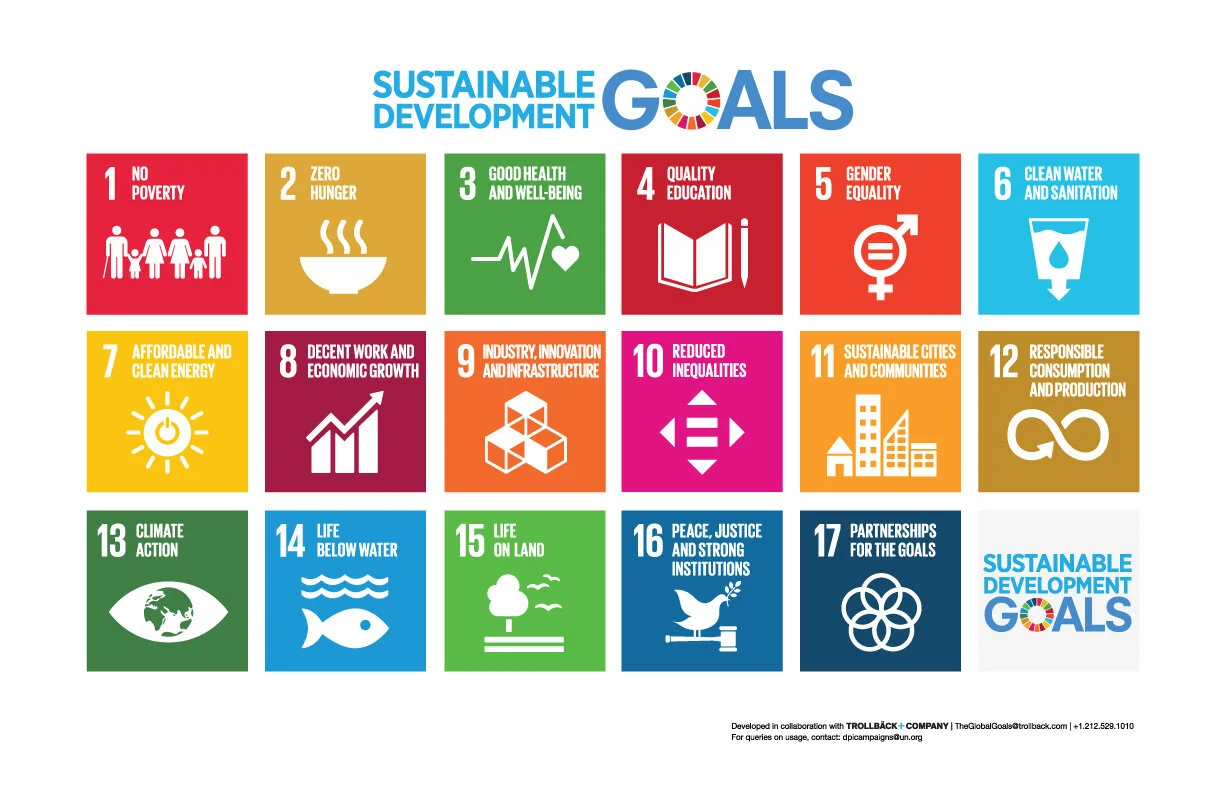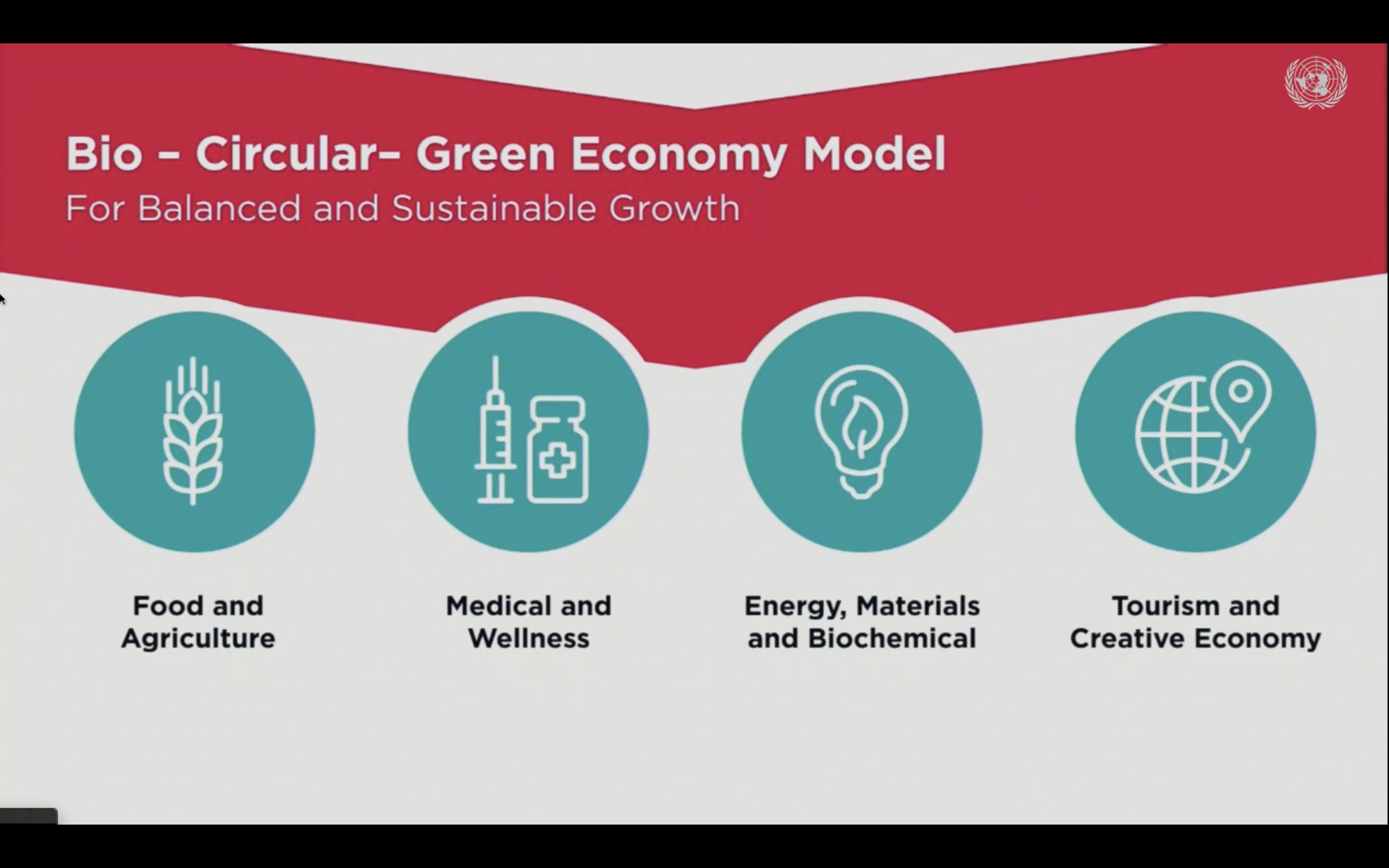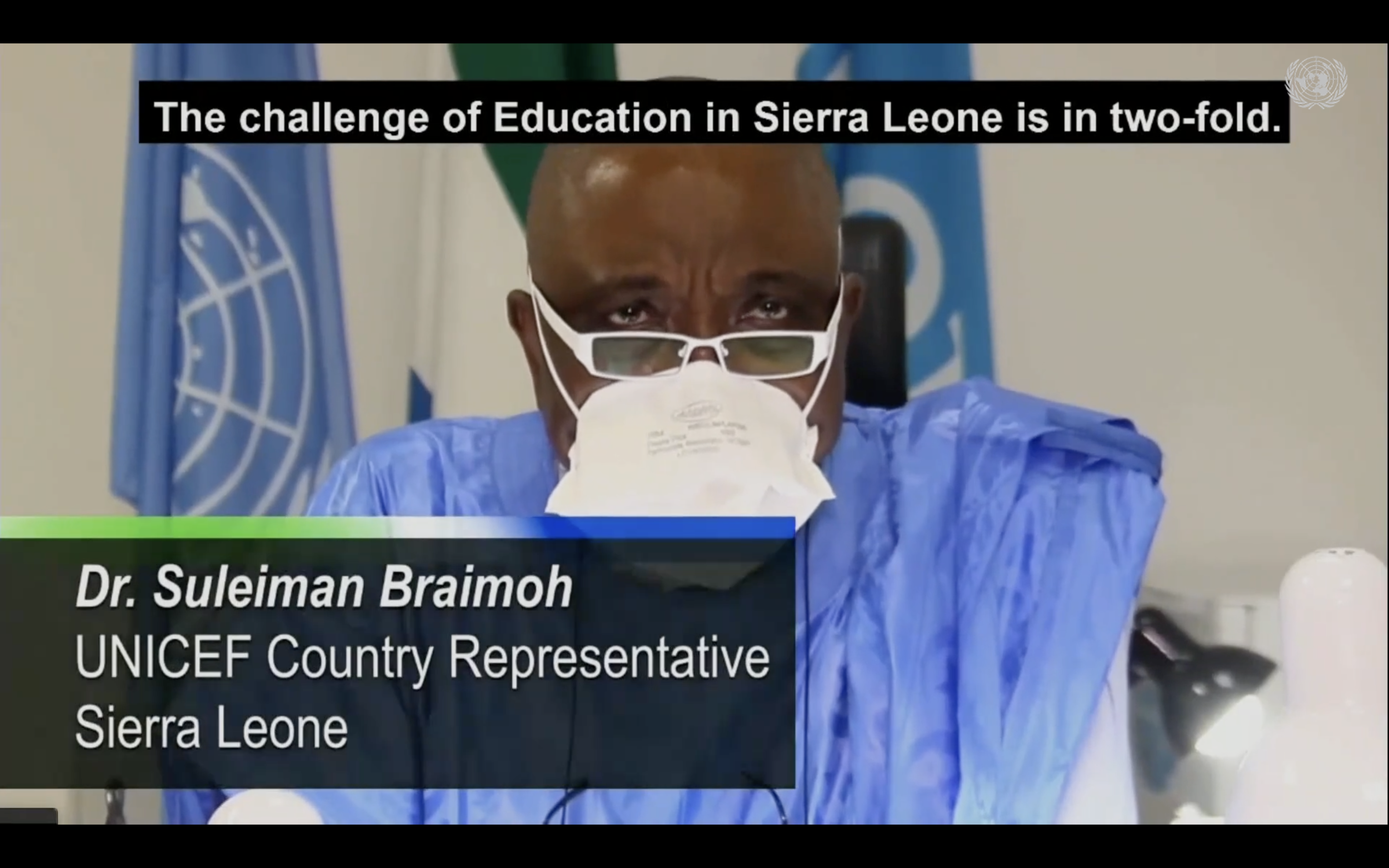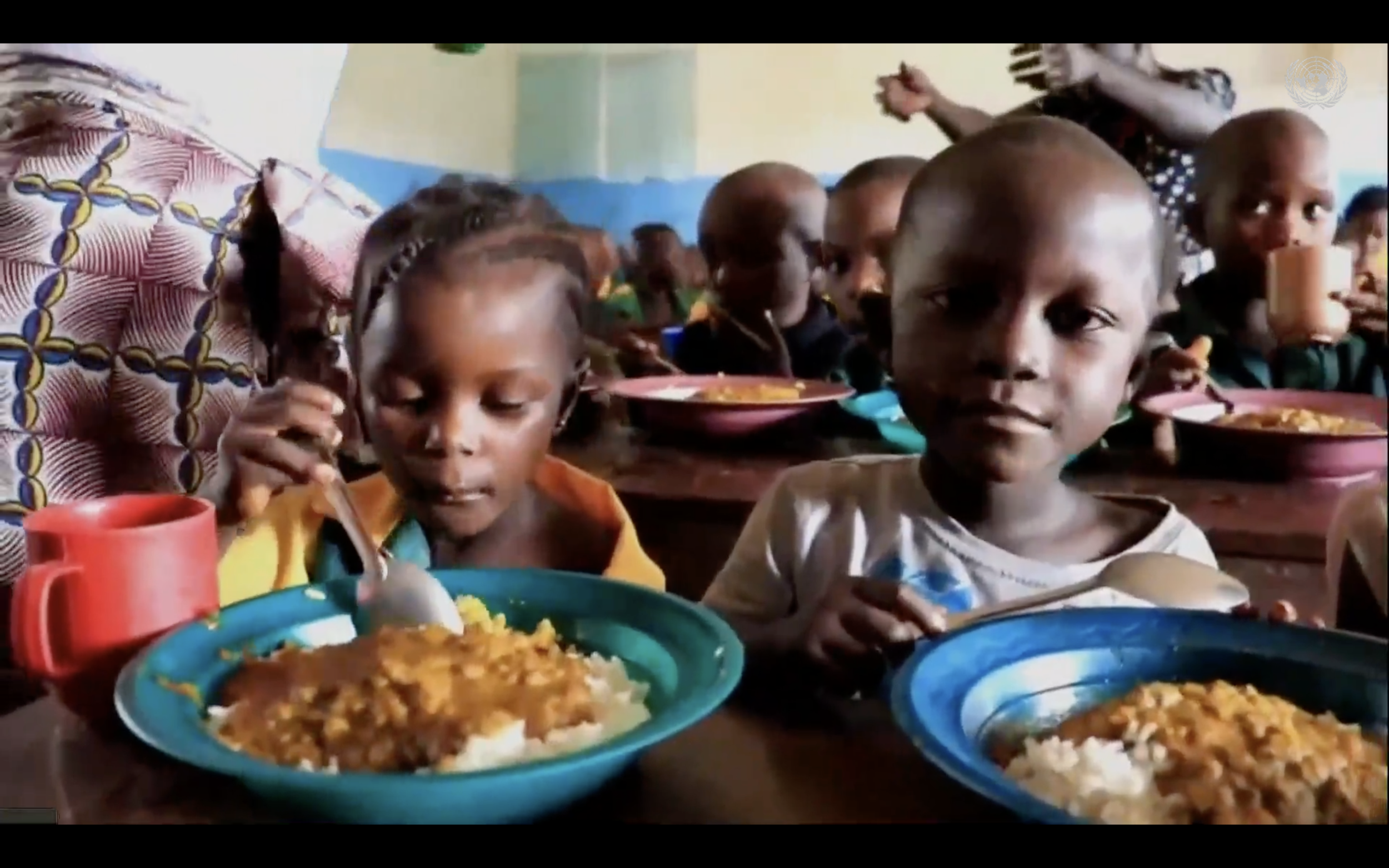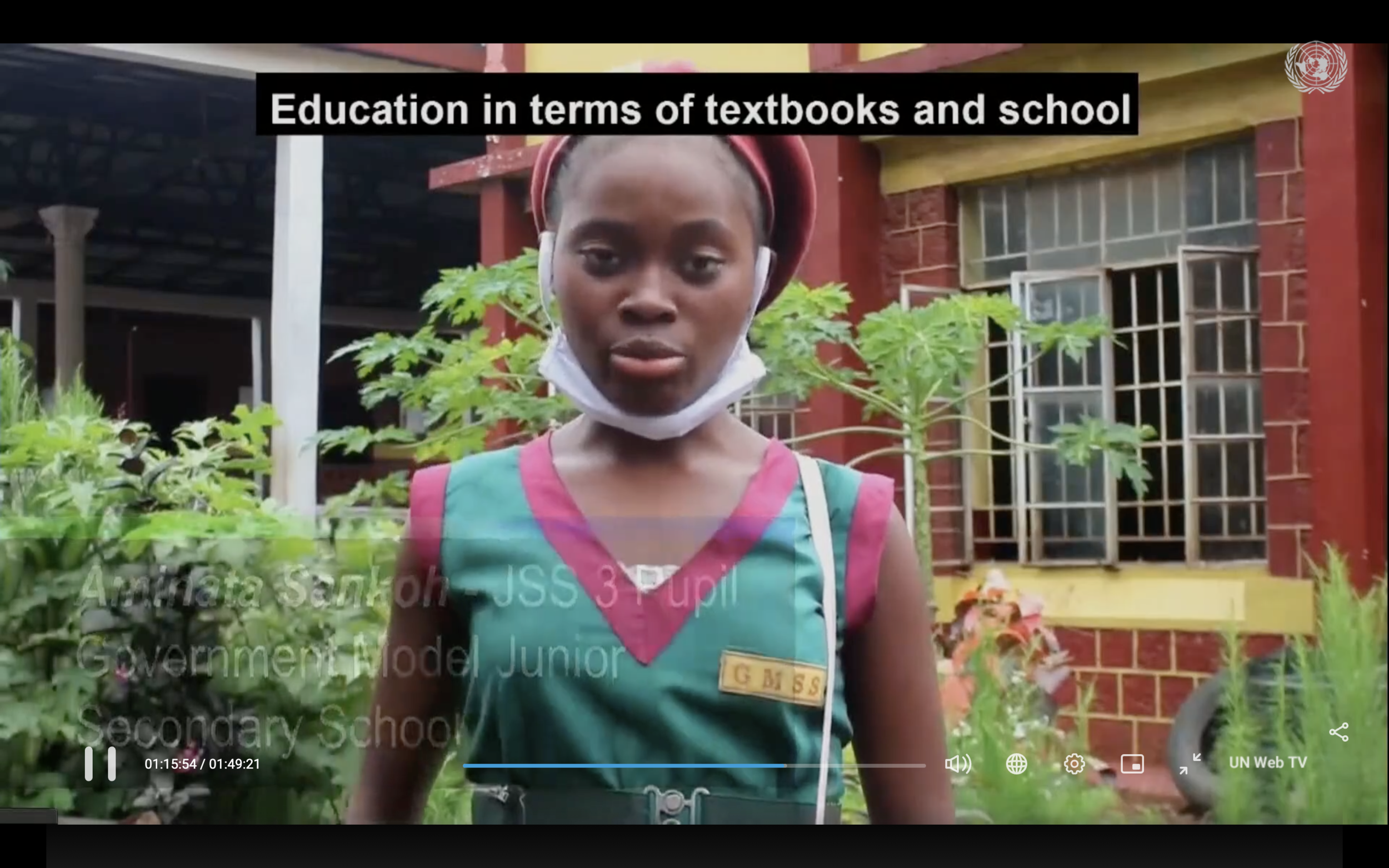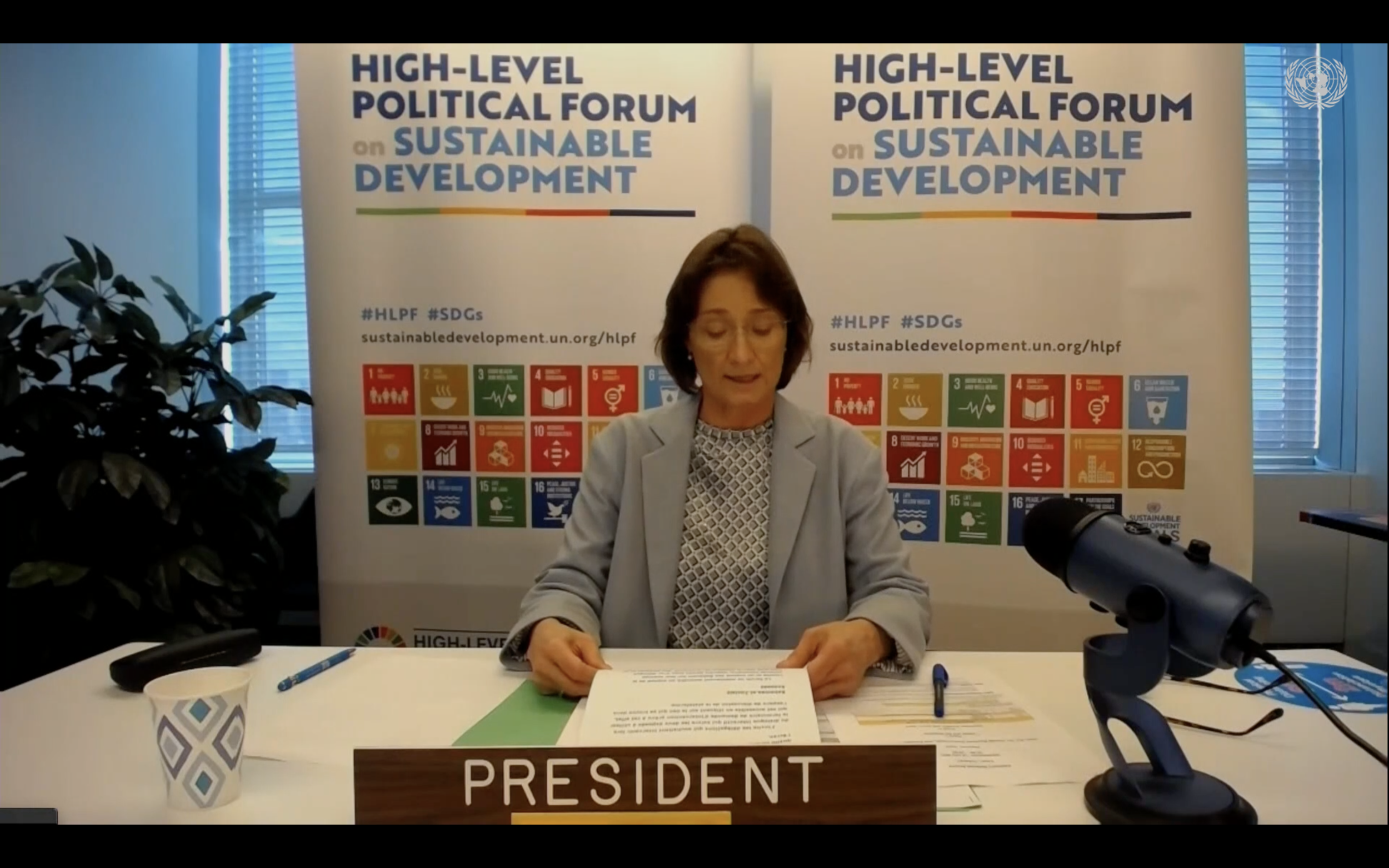High-Level Political Forum 2021 (Office for UN Relations in NY)
Written by: Mako Mori
From July 6 to 15, 2021, WFWPI delegates virtually attended the annual High-Level Political Forum on Sustainable Development (HLPF) under the auspices of the Economic and Social Council (ECOSOC).
The HLPF is the core United Nations platform for follow-up and review of the 2030 Agenda for Sustainable Development and its 17 Sustainable Development Goals (SDGs). The theme for this year’s HLPF was: “Sustainable and resilient recovery from the COVID-19 pandemic that promotes the economic, social and environmental dimensions of sustainable development: building an inclusive and effective path for the achievement of the 2030 Agenda in the context of the decade of action and delivery for sustainable development.”
Over the course of several days, UN Member States and entities, civil society and other stakeholders invested in the HLPF came together to discuss ways to ensure a sustainable and resilient recovery from COVID-19 that will put the world on track to realize the 2030 Agenda. In particular, while all 17 SDGs are inextricably linked, and progress or setbacks on one affects the others, this year’s HLPF focused their discussion around SDGs 1 (no poverty), 2 (zero hunger), 3 (good health and well-being), 8 (decent work and economic growth), 10 (reduced inequalities), 12 (responsible consumption and production), 13 (climate action), 16 (peace, justice and strong institutions) and 17 (partnerships toward the goals).
In the opening of the HLPF, speakers called for sustainable, resilient post-pandemic recovery, while stressing that no one should be left behind. H.E. Munir Akram, President of the Economic and Social Council, shared an optimistic message stating “The 2021 session provides a paramount opportunity to show unwavering commitment for the achievement of the 2030 Agenda despite the obstacles and challenges posed by the pandemic.” Following the opening segment, the forum held three panel discussions, titled,“The SDGs in time of crisis: A sustainable, inclusive and resilient recovery from COVID-19 as an opportunity to realize the SDGs”, “Ensuring that no one is left behind” and “Building resilience against future shocks through structural changes and investment in sustainable infrastructure.” The forums offered a further basis for a multilateral effort to resume and accelerate progress to achieve the 2030 Agenda.
The second week of HLPF focused on the Voluntary National Reviews (VNRs), in which 42 Member States representatives shared reports about their country’s progress on the SDGs. The purpose of the VNRs is the sharing of experiences, including successes, challenges and lessons learned, so that the countries can learn from one another and be encouraged that they are not alone in this effort. The representatives of Member States shared about the drastic negative impact COVID-19 had on their country’s progress towards the 2030 Agenda, while reaffirming their commitments to learn from the pandemic’s lesson and get back on track.
The recurring statements made throughout HLPF was the unfortunate fact that COVID-19 had reversed the progress towards the 2030 Agenda. ECOSOC recognized and was concerned with the fact that the extreme poverty rate rose for the first time in a decade, with over 124 million living in poverty. Many other issues, including economic development, inequalities and climate, which were initially improving had been backtracking and exacerbated dues to the pandemic.
Civil society responded strongly, saying that “although COVID-19 did not aid in advancing the goals, we must remember that even before the pandemic, we were not on track to achieve the SDGs by 2030.” Civil society was adamant that the pandemic cannot be used as an excuse for the failure to meet the goals and called for more proactive measures, as well as increasing accountability for Member States and their promises.
In the concluding meeting of the HLPF, governments adopted a comprehensive Ministerial Declaration reflecting Member States’ commitments to gather together in a global push to overcome the COVID-19 pandemic and build back stronger through inclusive, sustainable recovery plans. H.E. Munir Akram, referred to the unanimously adopted Ministerial Declaration as a “beacon of hope” in a time when the world faces monumental challenges.
In adopting the Ministerial Declaration, the Forum committed to a variety of ways States and the international community can help to advance pandemic recovery, while, at the same time, boost progress towards realizing the SDGs. The Forum recognized that the crisis caused by the pandemic has clearly shown the world’s vulnerabilities and inequalities among countries, highlights systemic weaknesses, challenges and risks, as well as threatens to backtrack progress made towards the SDGs.
It also called on Member States to commit to a number of actions, including to rapidly scale up and expand vaccine production globally and to promote public engagement and innovative partnerships through a whole-of-Government approach, regional and local mobilization and actions, meaningful participation and involvement of communities, people, civil society, volunteers, academia and the private sector.
Ms. Amina Mohammed, Deputy Secretary-General of the United Nations, concluded the high-level segment of its 2021 session by urging all to unite, saying “With political leadership, solidarity and unity of purpose, we can end the pandemic, secure major improvements in people’s lives between now and 2030, and keep the promise of the 2030 Agenda.”
HLPF 2021 culminated with a strong sense of global solidarity to recover from COVID-19 and to recommit to realizing the SDGs by 2030. It may be impossible to predict when another global emergency will strike, but the HLPF has taught us that global solidarity and the willingness to extend help to others who are less fortunate, will better equip us to overcome any future global calamities, together.

